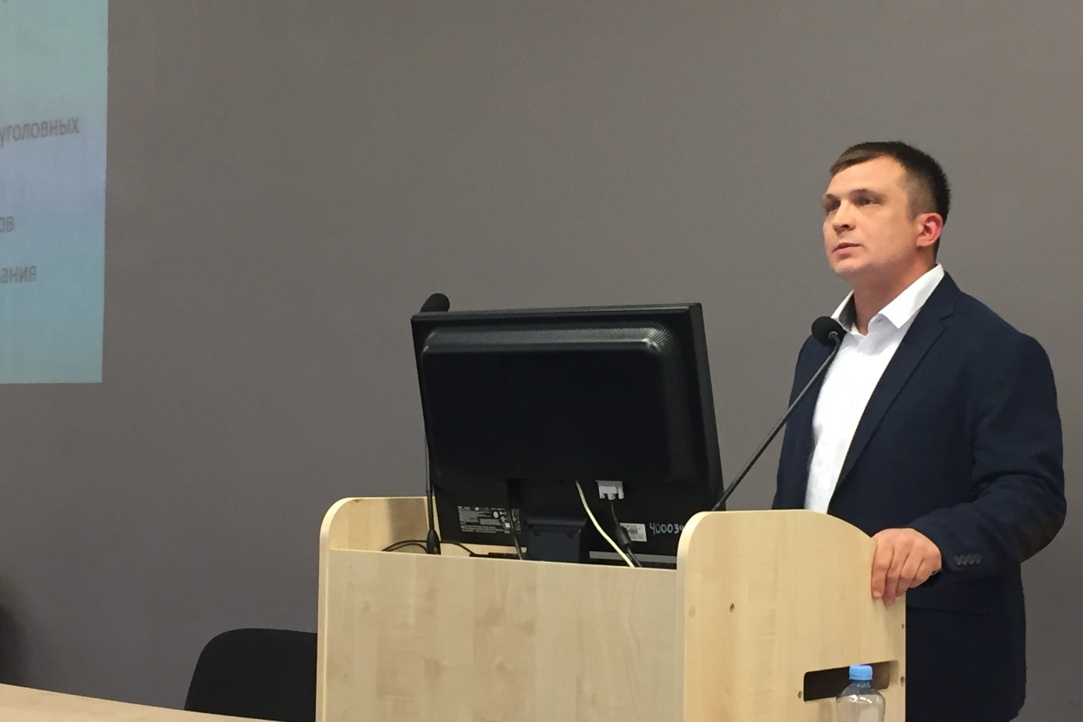"Boundaries of History": Evgeny Akelyev about the criminal prosecution system in Moscow in the 18th century

On September 19, 2019, a doctor of historical sciences, associate professor of the Department of History of HSE and senior researcher at the Center for the History of Russian Modern Time Evgeny Akelyev presented a speech as a part of the seminar “Boundaries of History”. The speaker focused on the criminal prosecution system in Moscow in the 18th century.
It is accepted that before you start a scientific discussion you should specify the keywords. For example, “Criminal prosecution” was a fundamental concept for the current workshop. Although, in the modern legal discourse this term refers to procedural activity (most often - public, in other words, on behalf of the state) in order to expose the suspect, this definition is not applicable to the context of the XVIII century. In the lecture criminal prosecution refers to the actions of various persons, representatives of a community or state, aimed at arresting and punishing those responsible for murder, theft or robbery.
The question of historical sources always is a burning one. On what author based his conclusions? First of all, on the work of Grigory Karpovich Kotoshikhin, who has described the life of the Moscow state in the second half of the 17th century. In addition, Evgeny Vladimirovich relied on the archive of the search order (sysknoy prikaz) (Russian State Archive of Ancient Documents).
The author dwelled on the issue of the criminal prosecution system of the given period, where one of the key actors in initiating criminal prosecution was the petitioner. The start of the trial was impossible without him, because he gave all the money to finance the lawsuit. Moreover, the petitioner had not only to sponsor the case (with the associated “kickbacks” of the clerical staff) but also to provide evidence.
Examples of archaic and surprising cases in the criminal process of the XVIII century are also worth mentioning. Even after the robbery you could make peace with prosecutor, by paying the world money to the treasury. The discovery of the corpse meant that prosecutor was obliged to pay the correspondent fee.
A significant part of the seminar was devoted to the case of Van’ka Cain, a thief scammer who was in the service of an investigation. Analogies to this phenomenon can be found in Europe. The most famous process was Louis Cartouche in France 1721-1728. The need for new methods of investigation was also felt in England, where so-called thief-takers or thief hunters appeared. It is important that there were no police in London until the 19th century.
The question of whether Van’ka Cain could come to the idea of informing himself caused heated debate at the end of the seminar. The lecture was followed by a round of questions. Thanks to a lively discussion, such theses as the transfer of law from religious discourse to legal in the first half of the 18th century, as well as the division of legal proceedings into criminal and civil under Catherine the Great, were fully disclosed.
A sharp turn from the criminal investigation in the XVIII century to the Bolsheviks will end the September series of seminars “Boundaries of History”. On September 26, Igal Khalfin from Tel Aviv University will make the report about “Bolshevik Love”.
